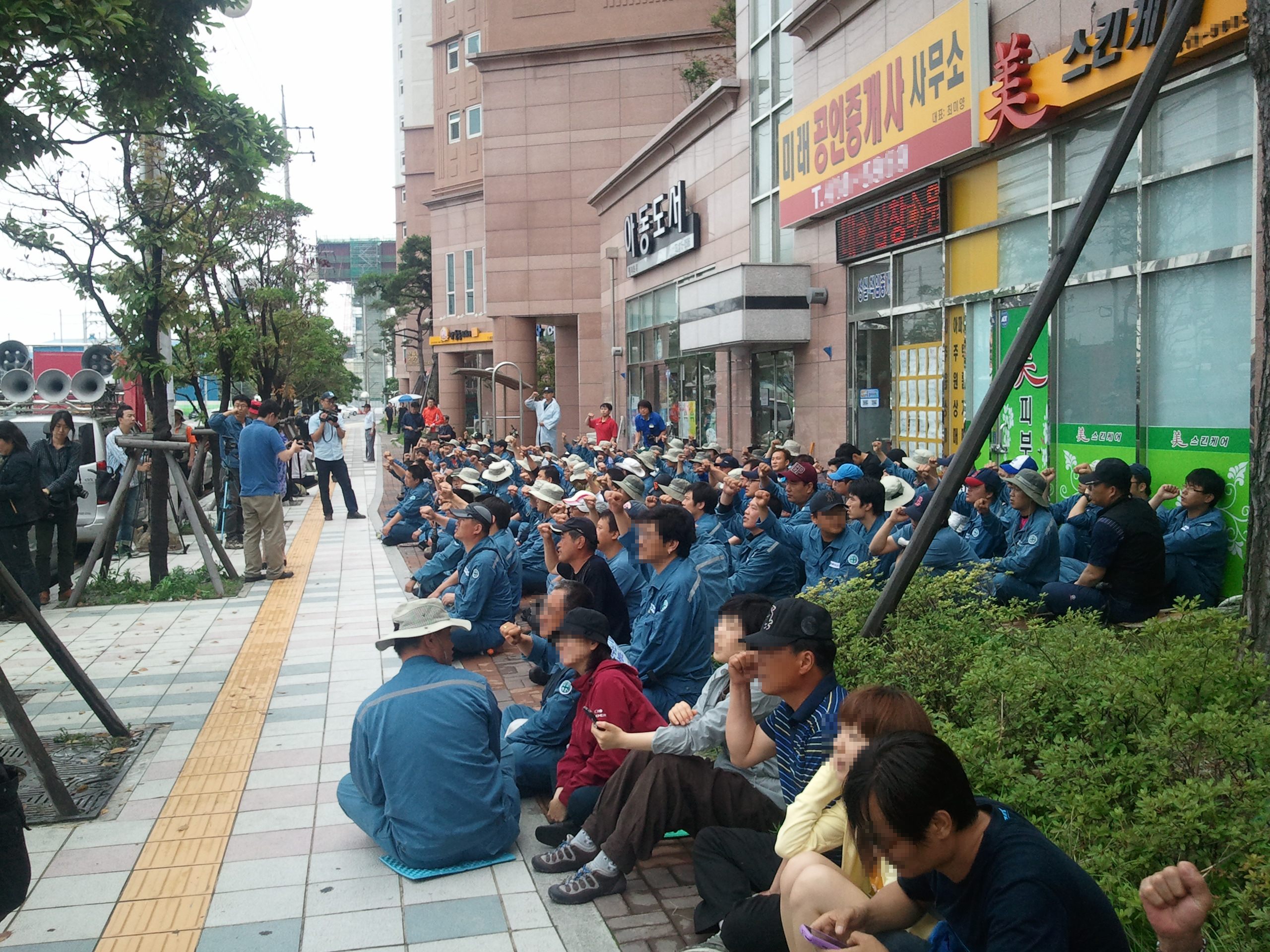Here is a snapshot from our Healthcare Strikes Narrative Intelligence brief.

This Healthcare Strikes narrative is driven by 72 sources in the Pacific Region Media module, amplifying 963 narrative items.
Today, our Narrative AI highlights healthcare protests and strikes across Asia. These narratives connect themes of medical staff unrest, violence against healthcare workers, and government responses, highlighting the ongoing struggles for safety, fair compensation, and systemic reform within the healthcare sector.
The ongoing healthcare protests in South Korea and India highlight significant issues within the medical sector, reflecting broader social and political dynamics. In South Korea, despite junior doctors striking, medical tourism is thriving, indicating a robust demand for healthcare services that are not affected by labor disputes. The government's push to attract over 700,000 medical tourists by 2027 underscores the economic potential of this sector, which is vital for national revenue and job creation. However, the doctor shortage and the government's plan to increase medical school admissions have sparked concerns about the quality of medical education, revealing tensions between healthcare accessibility and standards.
In India, the situation is more dire, with protests erupting in response to the brutal murder of a female doctor, highlighting the pervasive issue of violence against women. The ongoing strikes by doctors and nurses in Kolkata and Varanasi reflect deep-seated frustrations over safety and working conditions, exacerbated by a healthcare system perceived as corrupt and underfunded. The protests have garnered national attention, drawing parallels to past incidents of violence against women, which may influence public policy and societal attitudes towards gender-based violence.
Geographically, both countries face unique challenges; South Korea's urban centers are densely populated, increasing the strain on healthcare services, while India's diverse regions experience varying levels of healthcare access and quality. National security considerations also come into play, as unrest in the healthcare sector can destabilize public health systems, impacting overall societal stability. The interplay of these demographic, social, economic, and political factors underscores the complexity of healthcare issues in both nations.
Our Kudzu Narrative Intelligence brief auto-updates every few hours with fresh analysis:
Note: Kudzu Narrative Intelligence briefs update every few hours. Very likely, the Narrative Analysis above will have changed as well.
Image Credit for Article Header: Wikimedia Commons